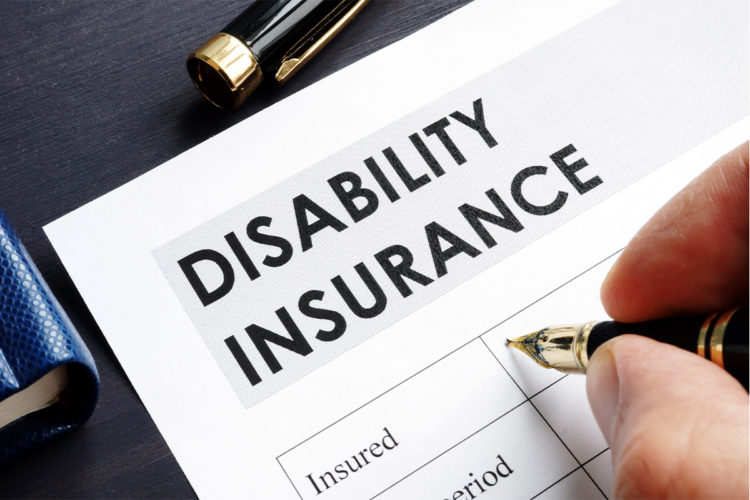Five Common Questions Regarding Disability Insurance

Q: I currently have a disability policy with my company, how do I increase my coverage?
A: Begin by reaching out to your wealth advisor who will work to gain an understanding of your current situation and any insurance gap that may exist. Your advisor will then help you evaluate your options for filling the gap, whether by increasing your existing work policy or taking out an additional outside policy.
Q: If I buy a separate disability policy, how do I increase it?
A: If you have an individual disability policy, there are two options for increasing your coverage.
- If the policy has a rider that allows you to do so, you may be eligible to purchase additional coverage without additional underwriting. If you decide to do so, it’s important to remain in compliance with the rider to ensure it remains valid over the long term.
- Acquire another policy. It’s generally not a good idea to replace an existing policy, because policy premiums increase with age. However, if you have changed your profession, or specialty within your profession, it’s important to review your existing policy to determine if it can be improved.
Q: I am a physician; what should I consider when looking at disability insurance?
A For anyone in a highly trained occupation, it’s important to make sure you have a policy that includes the following three types of protection:
- Own occupation protection – This means you would be eligible to receive compensation even if you have a second source of income from doing something else.
- Residual benefit protection – This ensures you are still eligible to receive benefits should you become only partially disabled.
- Inflation protection – This provides for an annual adjustment for inflation/cost of living once the benefits begin.
Q: I am a stay-at-home spouse; is it possible to obtain disability insurance?
A: No. Disability insurance is only intended to protect the income earnings ability of the insured. However, as a stay-at-home spouse, you may be able to protect against a disabling event with a long-term care policy, a long-term care rider on your life insurance policy or a critical/chronic illness policy. While these types of policies don’t replace your income like a disability policy, they could provide expense reimbursements should you need additional care. Your wealth advisor can look more closely at your individual situation to determine what best fits your needs.
Q: Is income from a disability policy taxable?
A: It can be. Disability benefits are taxable if the premium payments are paid with pre-tax dollars, such as when they are paid by your employer. If the premiums are paid with after-tax, such as when they are paid by directly by you, the benefits would be tax-free.
In addition, be aware that when a qualifying event occurs, it is not uncommon for an insurance company to offer a lump sum payment, rather than paying according to the terms of the policy. Your advisory team can help negotiate a fair lump sum payment to ensure you receive the benefits to which you are entitled.
The views expressed are for commentary purposes only and do not take into account any individual personal, financial, or tax considerations. It is not intended to be personal legal or investment advice or a solicitation to buy or sell any security or engage in a particular investment strategy.
Mariner is the marketing name for the financial services businesses of Mariner Wealth Advisors, LLC and its subsidiaries. Investment advisory services are provided through the brands Mariner Wealth, Mariner Independent, Mariner Institutional, Mariner Ultra, and Mariner Workplace, each of which is a business name of the registered investment advisory entities of Mariner. For additional information about each of the registered investment advisory entities of Mariner, including fees and services, please contact Mariner or refer to each entity’s Form ADV Part 2A, which is available on the Investment Adviser Public Disclosure website. Registration of an investment adviser does not imply a certain level of skill or training.